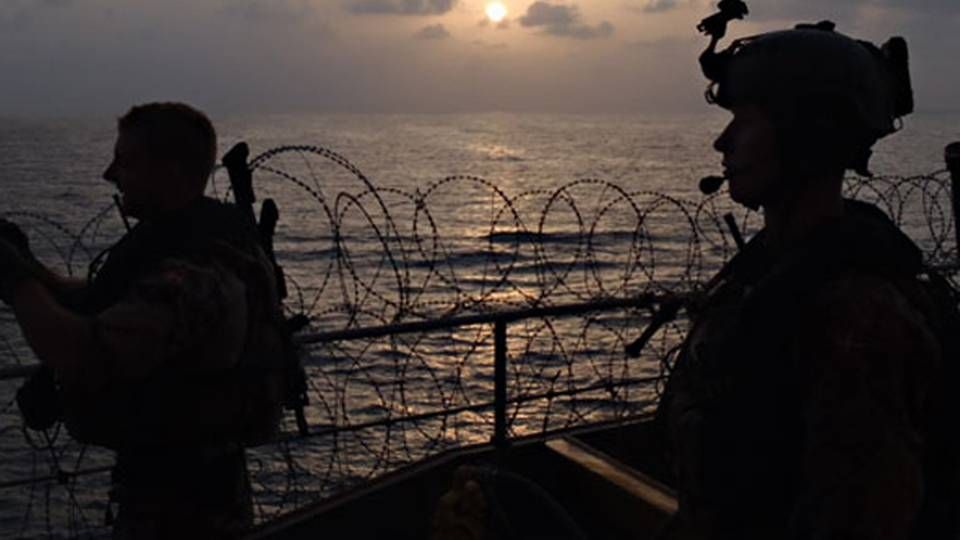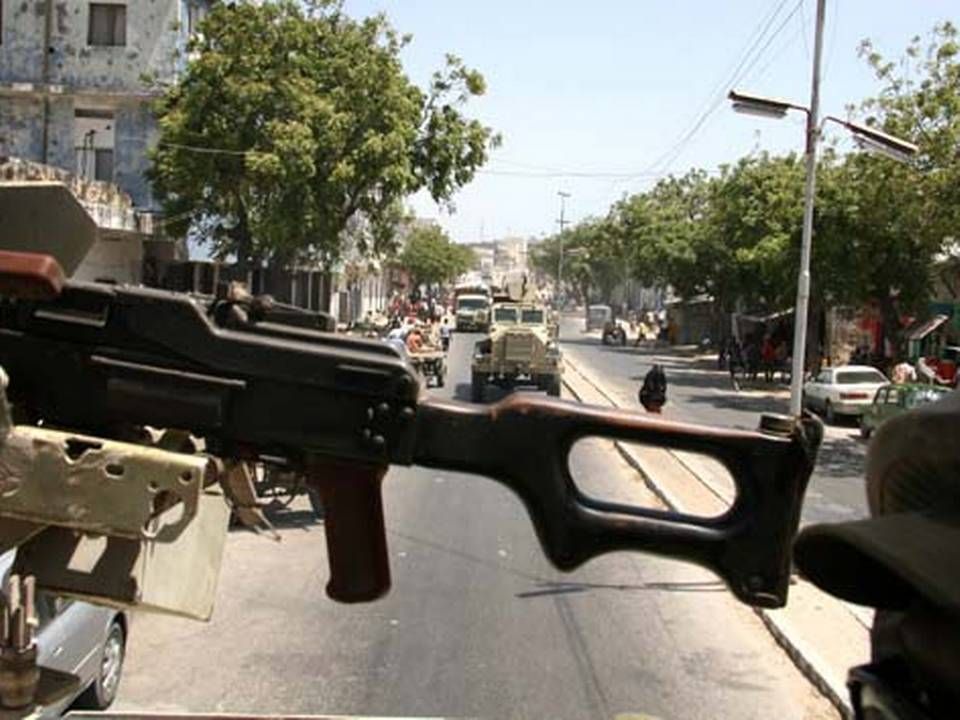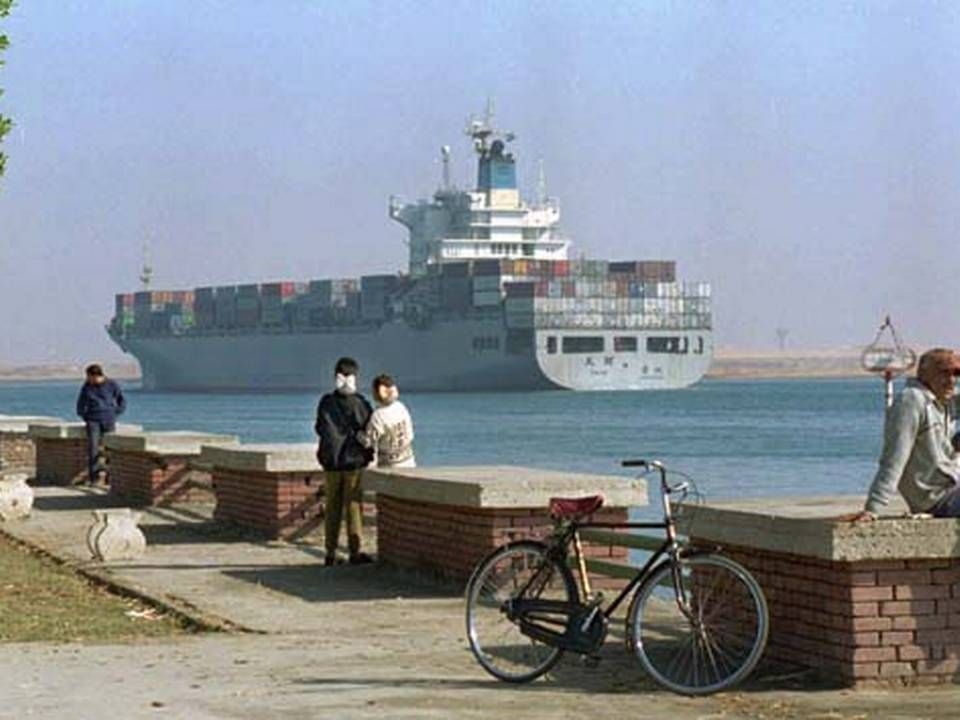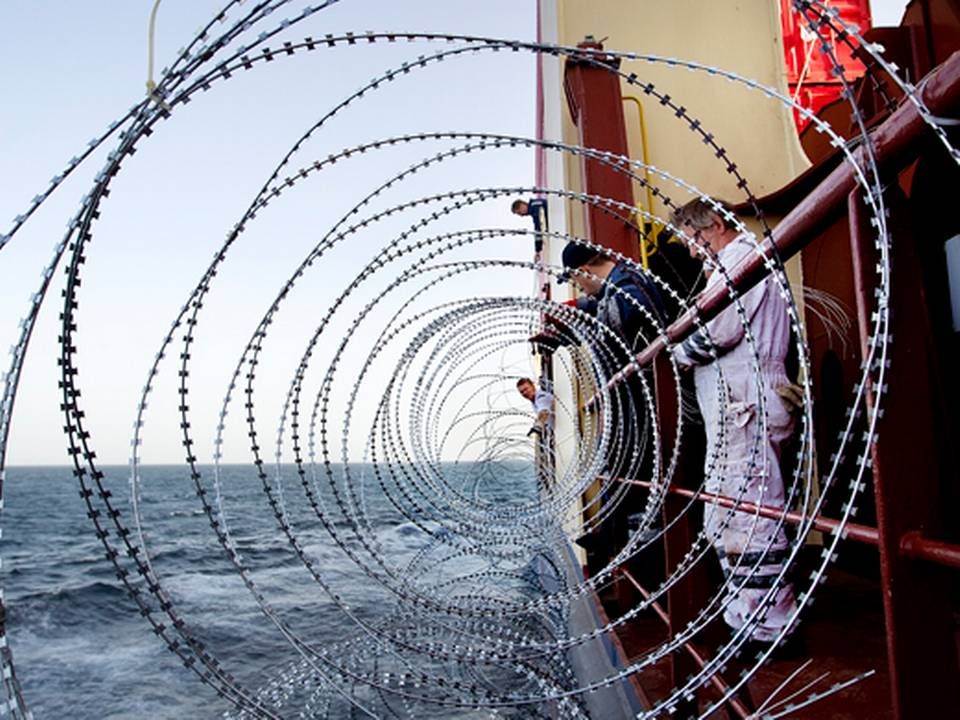Shipping is a "low priority" target for terrorism

A dirty bomb is often a simple bomb which contains both regular explosives and radioactive material. As such, the threat was taken very seriously when US authorities were made aware last night local time that a dirty bomb could be on board Maersk Memphis.
The ship arrived at Port of Charleston on the US East Coast around 8 pm local time Wednesday and the crew was immediately evacuated. The FBI and the US Coast Guard then took over the case. First, one of the port terminals was evacuated. Then the involved parties, including Maersk Line, were informed of the threat.
Around 9:45 am CET the threat was fortunately called off and the US authorities arrested an individual connected to the case, which does not seem to be terror-related, as some predicted while the threat was still upheld.
Commercial vessels make no sense
Rick Intelligence, which works with piracy and terror threats in the maritime sector, continuously drafts scenarios for carriers and other industry players about where the danger is greatest and how to best navigate the seas.
By noon CET, there was still no news from the interrogations which the US authorities began after arresting a person in relation to the threats. However, Risk Intelligence CEO Hans Tino Hansen says it would be surprising if this was a terrorist plot, as shipping is far down on the list of terrorist targets, excluding cruise ships.
"It doesn't make sense for terrorists to attack a merchant vessel, as these are not interesting targets in and of themselves and are usually docked at a port, which is in an unpopulated area. The goal of terrorists is to incite fear among people and get as much media attention as possible, which is why they target places such as train stations or any place with a lot of people," Tino Hansen tells ShippingWatch.
"This sounds like either a confused individual, which happens sometimes, or someone showing their dissatisfaction over something by phoning in a bomb threat," he adds.
Tankers as weapons
However, potential terrorist threats against shipping and ports are still taken seriously, especially after 9/11 in 2001 put terrorism at the forefront of media coverage.
Scanning containers and effective protection of ports are just a few examples of initiatives taken on by the maritime industry. And the possibility of, for example, a tanker being taken over by terrorists and used as a "weapon" has been investigated by international institutions such as the EU.
The fact is that the merchant fleet overall is not a major target of terrorism. One of the places where militant groups do look to shipping as a means in their battle is the Suez Canal, but the effect has been minimal there as well.
In 2013, a bomb exploded in the Egyptian city Ismailia, which is approximately 150 kilometers north of Cairo. The bomb was brought to explode near the city's military facilities which are also home to the Suez Canal administration. The Egyptian army subsequently increased security in the area and security at all ports was amped up. Among other things, the military started using search equipment to track any potential explosives and weapons on board arriving trucks.
Hard to hit marine traffic
Egypt knows how important the canal is for the country's economy and thus takes a tough stance on attacks and threats against sailings. In 2014, 26 people were sentenced to death at the court in Cairo for conspiring and planning attacks on vessels transiting the Suez Canal.
One of the planned attacks targeted container ship Cosco Asia in early September. A group of Egyptian rebels with shoulder-held missiles attacked the vessels from the banks of Suez.
Watch the attack, filmed by the rebels themselves, here
No one was harmed during the attack on Cosco Asia, and after the incident, Mohab Memish, head of Suez security, made the following statement:
"The attempt was a complete failure, and there was zero damage inflicted on the ship or on containers on board the ship. The situation was handled firmly by armed forces." This was not entirely true, as the ship and its cargo did suffer minor damage.
The militant group Al Furgan claimed responsibility for the missile attack, adding that it was prepared to conduct further attacks. ISIS has also put the Suez Canal on its list of targets.
"If anything, this attack showed how hard it is for terrorists or others to hit shipping, even literally, as only a few containers were affected," Tino Hansen remarks.
English Edit: Gretchen Deverell Pedersen
Fight against terror near key Africa strait is stymied by pay feud
Islamic State targets Suez Canal
Related articles
Islamic State targets Suez Canal
For subscribers
Container ship attacked off the Horn of Africa
For subscribers



















